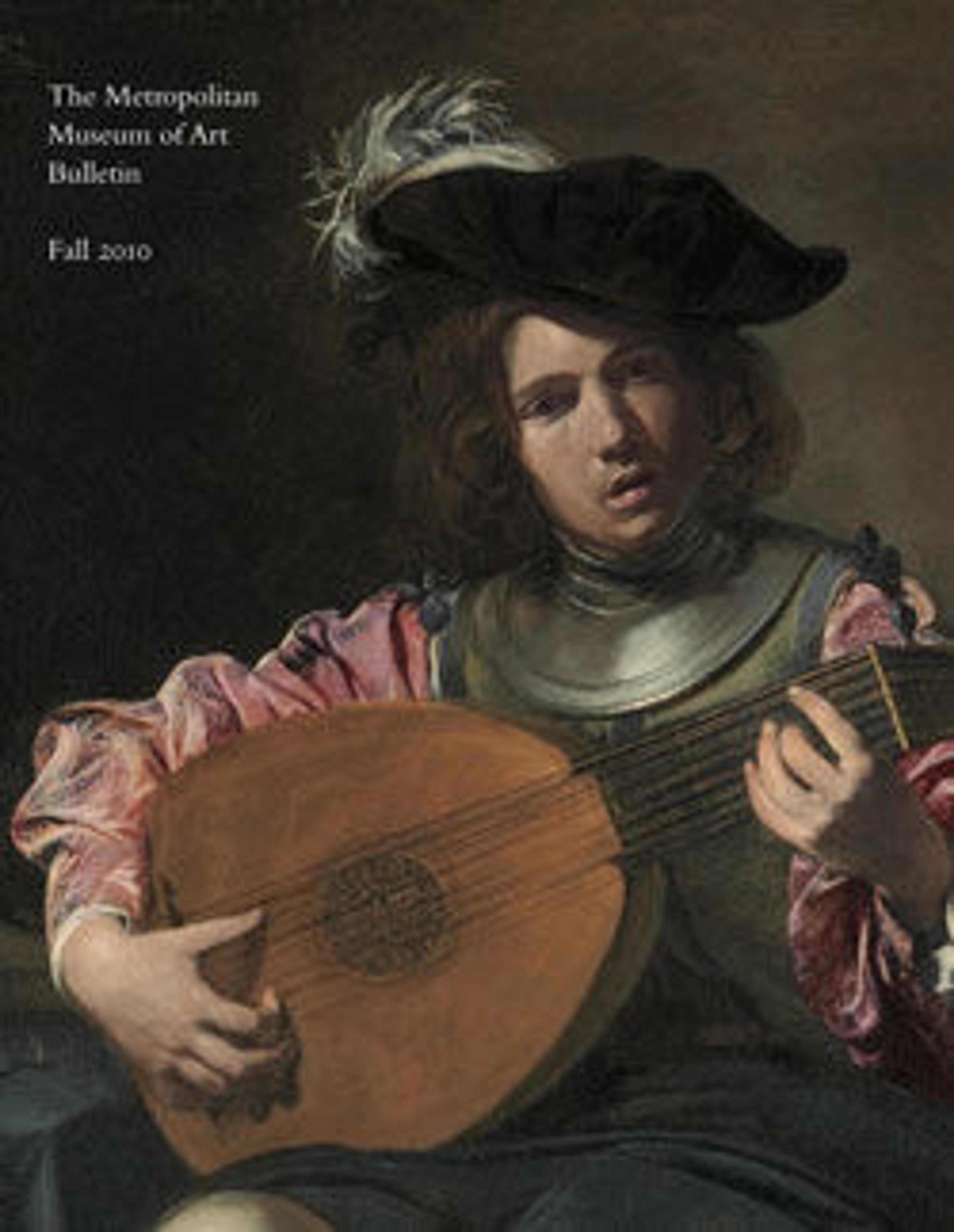Window from the James A. Patton House
Artwork Details
- Title: Window from the James A. Patton House
- Designer: Designed by George Washington Maher (1864–1926)
- Designer: Designed by Louis J. Millet (1856–1923)
- Date: ca. 1901
- Culture: American
- Medium: Leaded glass
- Dimensions: 50 1/4 x 21 3/8 in. (127.6 x 54.3 cm)
- Credit Line: Gift of American Decorative Art 1900 Foundation, in honor of Alice Cooney Frelinghuysen, 2008
- Object Number: 2008.535
- Curatorial Department: The American Wing
Audio
4532. Window from the James A. Patton House
MORRISON HECKSCHER: A leading Chicago architect George Washington Maher designed this leaded glass window, with its stylized motif of a thistle. The window was part of a commission from the prominent commodities figure James A. Patten for a house in Evanston, Illinois, in 1901. Maher was responsible for every aspect of design of the twenty-two-room house, both inside and out.
ALICE COONEY FRELINGHUYSEN: This is one of three panels that would've been to the right of the grand fireplace in the large entrance hall of the house.
MORRISON HECKSCHER: That’s Decorative arts curator Alice Cooney Frelinghuysen.
ALICE COONEY FRELINGHUYSEN: The thistle, in its wonderful rosy color and fabulous greens, all of the spikiness that you associate with a thistle, comes out in this brilliantly leaded glass window. It's the perfect motif, in fact, for this medium.
MORRISON HECKSCHER: The motif was carried throughout the house, on the fireplace surround, in the painted decoration, even on the exterior’s carved stonework. Maher called this repetitive use of a single design element his “motif rhythm theory.” And its purpose was to make the house a unified work of art, reflecting the Arts and Crafts aesthetic of the day. Even the window’s clear transparent glass serves this purpose, because it mediates the outside environment with the interior spaces.
More Artwork
Research Resources
The Met provides unparalleled resources for research and welcomes an international community of students and scholars. The Met's Open Access API is where creators and researchers can connect to the The Met collection. Open Access data and public domain images are available for unrestricted commercial and noncommercial use without permission or fee.
To request images under copyright and other restrictions, please use this Image Request form.
Feedback
We continue to research and examine historical and cultural context for objects in The Met collection. If you have comments or questions about this object record, please contact us using the form below. The Museum looks forward to receiving your comments.
